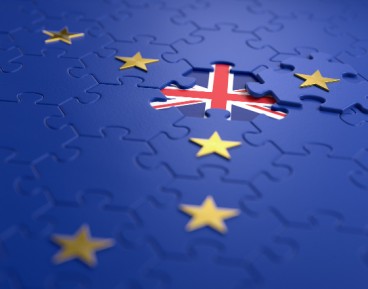Generatywna sztuczna inteligencja a wzrost gospodarczy
Kategoria: Trendy gospodarcze
Bill White, formerly of the BIS and now with the OECD spoke to Bloomberg News during the KC Fed’s annual meeting in Jackson Hole, WY. He gave some rather pointed answers to questions about the Federal Reserve’s monetary policy.
I reviewed some of White’s remarks regarding the global economy and the accumulation of debt in advanced economies. The remarks he made to Bloomberg were of the same nature. In particular, White characterized the medium-term to longer-term problem in language regarding the centrality of household debt.
The question for the Fed is: what should a central bank do to deal with a weak but indebted economy. White says that the Fed shouldn’t leave interest rates too low for too long. He says:
Clearly there are advantages to keeping interest rates low. We know what the rationale is. It’s an attempt to try to encourage more demand — and one would hope in particular more investment demand that might contribute to the expansion of tradable goods, etc. So, all of that is good and I don’t deny it.
The point, however, that I would make is that there is another side to very, very easy money which is over a longer horizon – okay, not tomorrow, but over a longer horizon – very low interest rates are bound to generate lower savings than you would otherwise have which is not a good thing. It allows people to borrow money to keep themselves alive – soft of an evergreening of high risk companies through the bond markets. It encourages zombie companies and zombie banks, misallocations of resources.
Now, all of these things are medium-term things and Chairman Bernanke has a clear and pressing present problem. And this I don’t deny. My only point would be that we evaluate what to do going forward, that the framework should encompass both the short-run effects of monetary policy and the medium-term effects.
So, loose monetary policy does help to increase demand. However, over the medium term, loose monetary policy lowers household savings rates and encourages the accumulation of debt and the zombiefication of industry. So, over the medium-term an ultra-low rate policy is toxic. This has certainly been the experience in Japan – and I suspect it will be no different in the US.
Higher rates now would probably help tip the U.S. back into recession. However, over the medium-term, the zero interest rate policy cannot persist as it has done in Japan. My feeling is that we are in a policy cul-de-sac right now. The „Doom Loop” of ever lower rates and ever rising household sector debt burdens and ever rising financial service leverage is at an end and that leaves little which monetary policy can do despite Chairman Bernanke’s assurances.




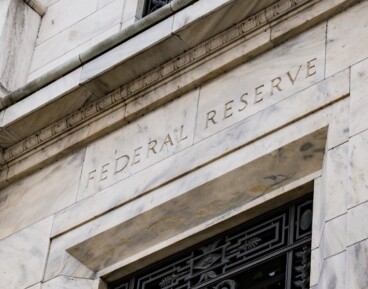

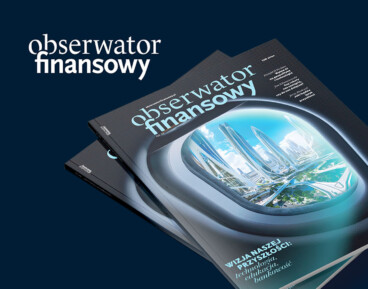
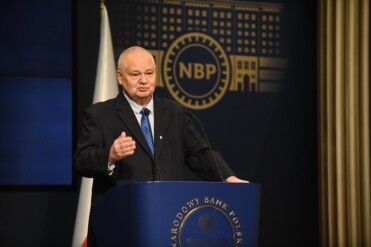
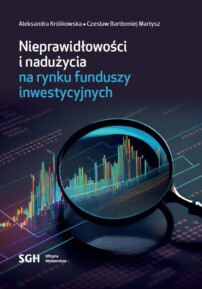




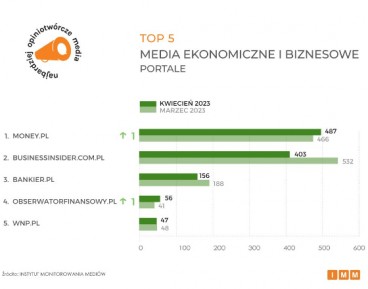

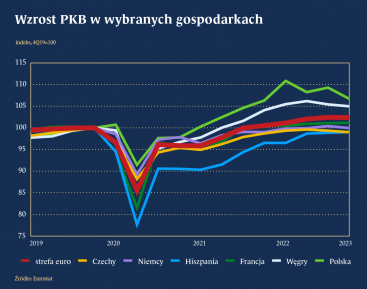

W styczniu 2020 roku Wielka Brytania formalnie opuściła Unię Europejską. Oczekiwane korzyści z brexitu, poza odzyskaniem suwerenności w zakresie kształtowania prawa i zewnętrznych relacji gospodarczych, jednak się nie zmaterializowały. Widoczny jest natomiast spadek wydajności i konkurencyjności brytyjskiej gospodarki, co wpływa także na kondycję rynku pracy.
